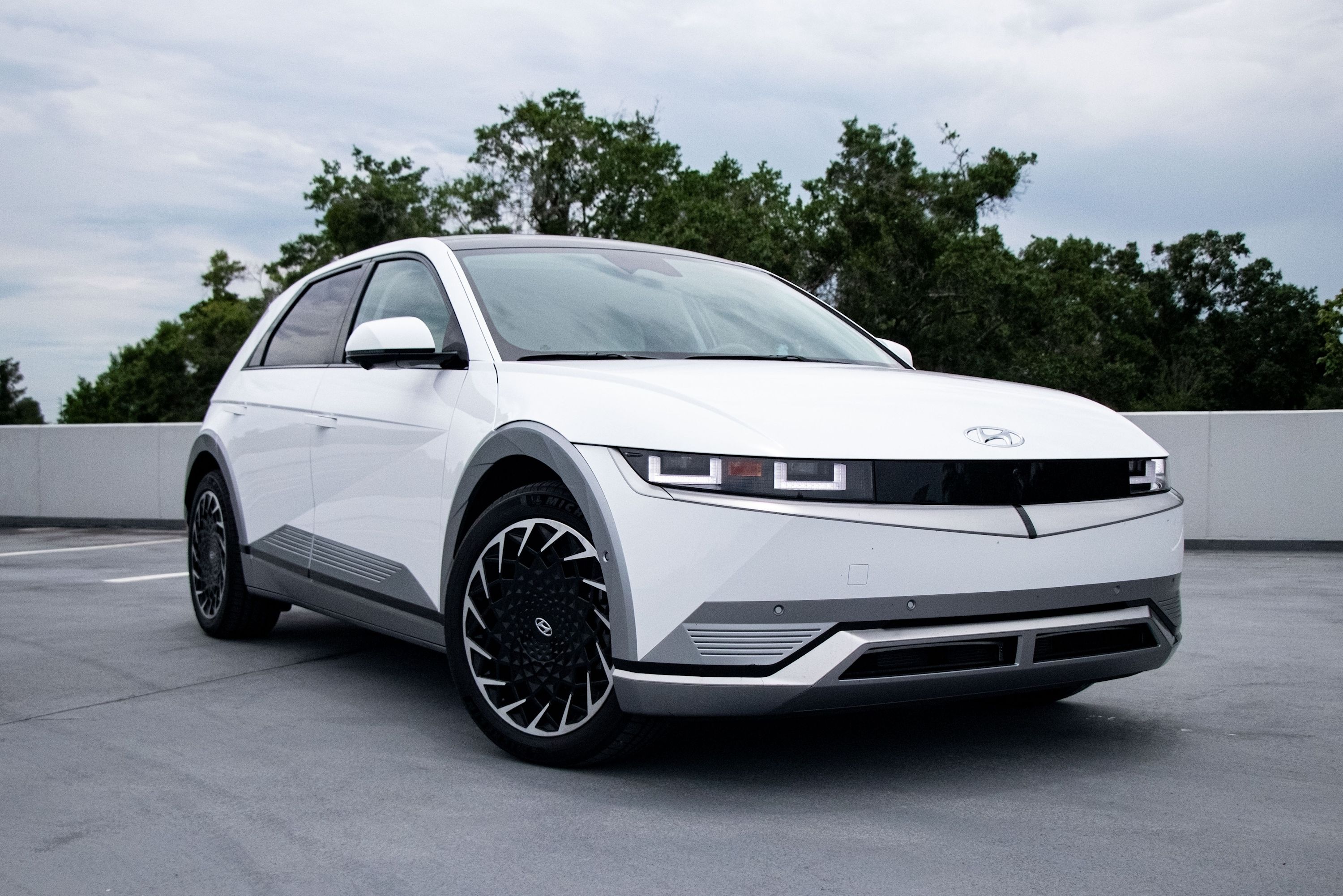
Earlier this month, the Biden-Harris administration announced that it would be pouring another $2.5 billion into broadening EV charging infrastructure, but now it has placed a hurdle in front of the expansion with the new "Made in America" rules. If a company wishes to apply for a piece of the $10 billion that will eventually be distributed via the Bipartisan Infrastructure Law, its EV chargers must comply with a certain set of rules.
The first set of rules is easy enough to implement, as it requires companies like Electrify America to build chargers with the standardized Combined Charging System (CCS) connectors and standardized payment options with a single identification method. These chargers must also work 97% of the time.
The second set of rules is trickier, requiring 55% of the cost of a charger to be made up of American-made parts. These chargers must also be assembled in the USA, and any steel or iron used in the construction must come from the USA. The first half of the rules will only come into effect in mid-2024, but the iron and steel part is effective immediately.
The thinking behind it is pretty simple. The Biden administration wants to hit two birds with one stone. Forcing charger assembly in the USA will create jobs and tackle climate change simultaneously. Unfortunately, these new requirements will slow the rollout of EV chargers down to a snail's pace.
In an interview with Reuters, the co-founder of XCharge North America explained why. XCharge's chargers are imported from Beijing, and moving production to another country would take 12-18 months. Complying with the new rules will also increase the price of the chargers by 25-30%. "Everyone was hoping that there would be a waiver on the Buy America and Made in America," said Aatish Patel.
"Buy America is likely to be another constraint in terms of how fast we can get the stations out," said Thor Anderson, an Arizona Department of Transportation project manager. "Everybody is going to be looking to install new charging stations at once, so that's going to put a lot of pressure on the manufacturing of chargers."
Even so, the feds say there will be enough chargers to meet initial demand, which is expected to be limited. Looking at current EV sales figures, it's a solid argument. EV sales are growing, but in 2022, BEVs only made up 5.6% of all light vehicle sales.
Of the four major charging network operators (including ChargePoint, EVgo, and Electrify America), Tesla is by far the largest and finds itself in a good position. Superchargers are made in New York, and it's rolling out CCS Magic Docks for non-Tesla models like the Hyundai Ioniq 5.


